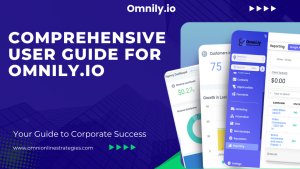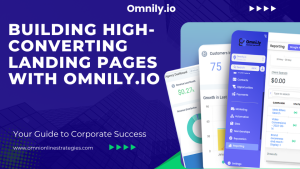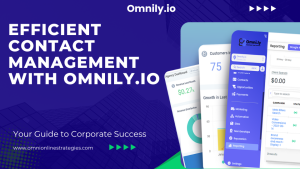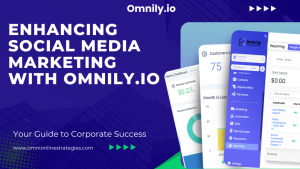
Comprehensive User Guide for Omnily.io
Your go-to guide for mastering Omnily.io.


Your go-to guide for mastering Omnily.io.

Create landing pages that drive conversions with Omnily.io.

Manage your business contacts effectively using Omnily.io.

Effective social media integration with Omnily.io.

Create landing pages that drive conversions with Omnily.io.

Manage your business contacts effectively using Omnily.io.

Omni Online Strategies A full service marketing agency with a unique strategic understanding of marketing and sales processes.


Copyright © 2024 Omni Online Strategies , Inc.
Legal Stuff | Privacy Policy | Security | Website Accessibility | Manage Cookies